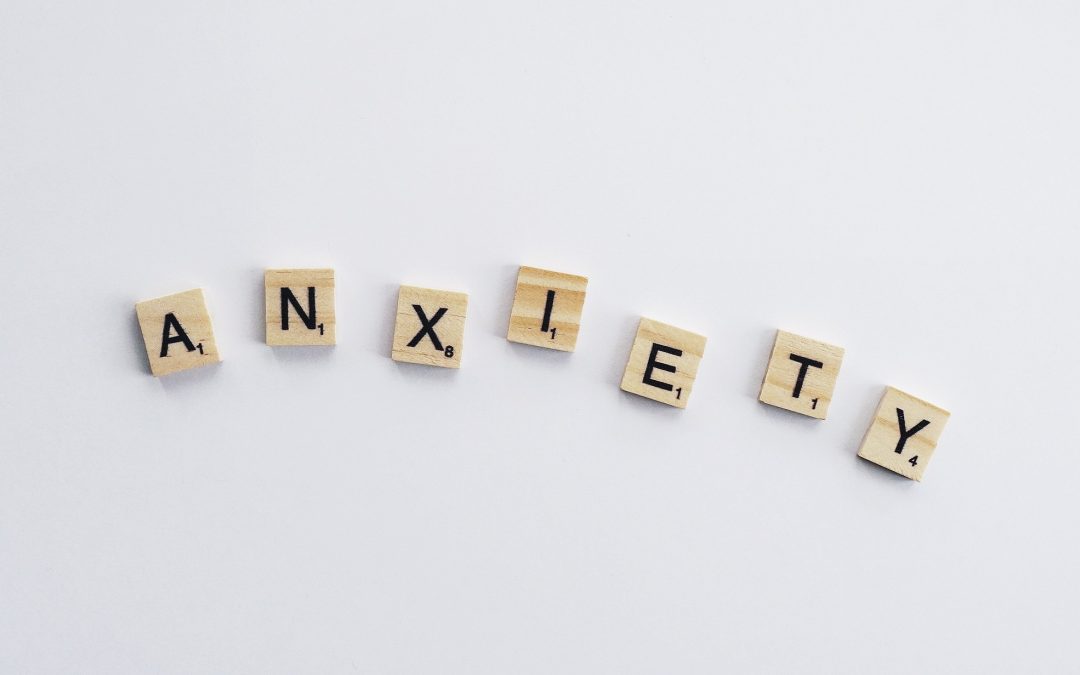Over the last 20 years I’ve spent a lot of time with anxious adolescents and what they’ve told me and what we know from a large number of studies on adolescents and anxiety, is the important influence you have as a parent. Anxiety doesn’t always look like sadness or worry – it can often come out as anger, shutting down, disconnection from family, escapism into computer games or perfectionism and over achieving. You can have a teen with high anxiety who does no homework and is out all the time with friends and a teen with anxiety who works all the time and never leaves the house – behaviors at both ends of the scale and many in between can be driven by fear, negative thoughts and overwhelming feelings.
Anxiety doesn’t look like one thing, but if you maintain a close, connected and healthy relationship during this time of life you will know when something is wrong even when no-one else does and that’s what your adolescent needs. Many parents think it’s too hard or too late to influence their teenagers and either give up or resort to using punishment, threats and control as a way to teach because they mistakenly believe there is no other way to teach at this stage. Or they see their teen doing well, motivated, successful and think they are no longer needed – but you are needed, there is still a lot to teach – the brain is still learning and developing up to the mid 20s. There are other, better more effective ways to teach that use connection and influence rather than power, control, avoidance or indifference – it’s all about understanding their brain and your new role in their life alongside their peers. If you’re ready to learn these evidence based skills, get in touch and join a workshop or book a private session.
